Healthcare Online Reputation Management for UAE Brands
Introduction
In Dubai and all over the UAE, hospitals, clinics, and healthcare facilities are making significant investments to enhance their offerings and quality of treatment. A strong testimony to this fact is that the UAE has the highest number of JCI-accredited hospitals across the Middle East.
Nonetheless, the importance of healthcare reputation management cannot be overstated. If there are too many negative online reviews, it is difficult to restore a clinic’s, hospital’s, or any other type of healthcare facility’s reputation.
In today’s digital age, it is easy for people to access information online and make decisions. In this age, a hospital’s online reputation is significantly influenced by online reviews. Hospital online reputation management is closely linked to patient satisfaction levels.
In this article, we discuss online reputation management for healthcare in the UAE in detail and the role of technology in helping healthcare providers maintain a solid reputation.
Key Learning Points
- Healthcare in UAE, while being one of the most advanced systems in the world, faces unique challenges requiring proactive healthcare online reputation management
- Patient reviews play a big role in hospital reputation management, and reviews are closely linked to patient satisfaction
- Technology can play a significant role in reputation management for hospitals with a combination of digital feedback tools and proactive feedback management
The Need for Hospital Reputation Management In The UAE
There is no doubt that the UAE’s healthcare system is one of the best in the world. According to 2018 statistics, there were around 181 doctors for every 100,000 citizens. Medical tourism has increased significantly in the UAE due to improving healthcare quality, and world-class hospitals are becoming increasingly popular. There are, however, a number of challenges and problems in the UAE’s healthcare sector.
Let’s understand these gaps below
Gaps in Effective Communication: According to a study on the factors that influence patient satisfaction in the UAE, the quality and accessibility of healthcare are in line with international standards. Still, it falls short in other areas, such as patient and provider responsiveness and effective communication, as well as healthcare affordability.
Shortage of Skilled Manpower: Healthcare in the UAE region is also constantly plagued with a lack of skilled manpower. There is a severe scarcity of skilled nurses and specialized doctors, according to a research article released in 2021. The same study also suggests that healthcare professionals lack motivation, which results in a low rate of innovations and subpar service performance. As a result, many people are choosing to seek medical care abroad.
Long Waiting Times: Another key metric affecting patient satisfaction poorly in the region is patient waiting times at the healthcare facility. Patients reported long wait times for registration, consultations, pharmacy visits, and other services, according to a 2019 survey of a sample of 552 patients intended to gauge their satisfaction with their waiting experience in hospitals in the UAE. Understaffing, inefficient procedures, and poor facilities, among other things, were significant contributors to lengthy wait times.
Unique Needs of Expats: Expatriates account for approximately 89% of the total population in the UAE. Although expats have access to both public as well as private healthcare in the UAE, they prefer private care, where English is commonly spoken and most of the medical staff are expats themselves or foreign-trained. This inclination for private care has given rise to a large number of private healthcare players in the sector. However, the expat population often finds itself paying high prices for healthcare. A report by Khaleej Times found that people resent the high fees charged at private hospitals. The perceived high costs of private care naturally set the stage for extremely high expectations from care providers regarding patient experience and care delivery.
All of these factors demand proactive online reputation management for hospitals. Hospitals need to ensure that negative patient experiences due to the factors above or any other factors are addressed efficiently.
The Role of Patient Reviews In Reputation Management for Hospitals in The UAE
YouGov’s study reveals the power of review and rating sites (such as Google Reviews, Glassdoor, etc.) and the trust people place in them. In the same study, it is reported that 67% of UAE residents trust review and rating sites, while only 5% indicated distrust.
A survey conducted by NRC Health revealed the following key stats that reinforce the importance of online reviews:
- 60% of patients say they select or avoid a care provider based on reviews.
- 83% of patients say they trust online reviews more than personal recommendations.
- 47.5% of patients trust online ratings and reviews.
In the UAE, like in other digitally-savvy markets, selecting a healthcare facility or finding a physician is mostly done online through portals with a plethora of information on the physician and the clinic available 24/7. Online reviews and feedback shared by patients about their care experience at a particular care facility play a crucial role in the search.
It is worth noting that the UAE healthcare industry, especially the private sector is experiencing a lot of competition, thanks to the entry of global healthcare giants entering the market offering world-class care to the patients.
Hence, online reputation management for hospitals requires dedicated attention.
How Technology Can Help In Healthcare Reputation Management

Asking Patients for Reviews: According to a 2020 survey, 7 out of 10 people will give an online review if they are asked.
Asking patients for reviews is an effective way to increase your feedback response rate. Let your patients know it’s easy to leave an online review through digital channels. You can also create and share a link that patients can access to leave a review. This way, patients would spend less time looking for the right platform to provide their feedback.
Collecting Patient Feedback Through Digital Channels: Technology can greatly aid hospitals in collecting patient feedback and understanding their needs by offering patients multiple channels to express their views and opinions without annoying them or compelling them to give their opinion.
A digital feedback collection system may comprise any or all of the following:
- Online or web portal
- E-mails and SMS
- Smartphone apps
- Interactive kiosks
- Tablets and service desks
- QR code-based surveys
- IVRs
Adopting Patient-Friendly Feedback Methods: Whatever the medium used, it should be remembered that the process should not be forced upon or annoying to patients. Hospitals must use channels that are in line with changing patient preferences. For example, as opposed to SMSs, which give a lower feedback response rate, hospitals should resort to more modern methods such as WhatsApp or voice-based feedback collection.
Taking Swift Corrective Action: Efficient and proactive feedback collection can enable hospitals to take preventive and corrective steps and reduce negative online reviews. 30% of patients, according to research, avoid hospitals with negative online reviews. Digital channels make it possible to address patient issues immediately and swiftly discover negative feedback. This assists hospitals in reducing unfavorable online reviews and raising their overall review scores.
Promptly Responding to Reviews: According to a report by Software Advice, 67% of patients feel it’s important for care providers to respond to online reviews. Replying to the patient reviews shows that you value their input. So, it is essential to address and act on the feedback promptly to mitigate the risk of further damage. Plus, if you respond to reviews, patients are more likely to leave their feedback in the future.
Conclusion:
Proactive healthcare reputation management can help hospitals attract more patients. 76% of patients use Google reviews before selecting healthcare providers, making it the most popular review source. With the combination of the right processes and innovative technology, hospitals in the UAE can maintain and improve their online reputation.
BestDoc Surveys is an apt omnichannel patient feedback collection tool for measuring patient satisfaction. The system helps you to capture more feedback and support in your hospital’s online reputation management Google.
7 Mins Read
Author | Sayan Nan & Gayatri Vernekar




